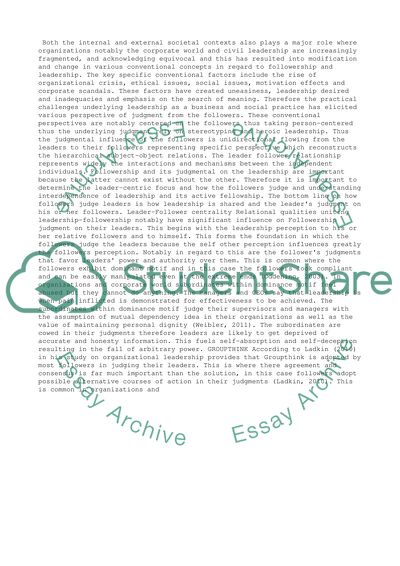Cite this document
(“The Judgment of leaders Assignment Example | Topics and Well Written Essays - 2500 words”, n.d.)
The Judgment of leaders Assignment Example | Topics and Well Written Essays - 2500 words. Retrieved from https://studentshare.org/management/1478733-the-judgment-of-leaders
The Judgment of leaders Assignment Example | Topics and Well Written Essays - 2500 words. Retrieved from https://studentshare.org/management/1478733-the-judgment-of-leaders
(The Judgment of Leaders Assignment Example | Topics and Well Written Essays - 2500 Words)
The Judgment of Leaders Assignment Example | Topics and Well Written Essays - 2500 Words. https://studentshare.org/management/1478733-the-judgment-of-leaders.
The Judgment of Leaders Assignment Example | Topics and Well Written Essays - 2500 Words. https://studentshare.org/management/1478733-the-judgment-of-leaders.
“The Judgment of Leaders Assignment Example | Topics and Well Written Essays - 2500 Words”, n.d. https://studentshare.org/management/1478733-the-judgment-of-leaders.


